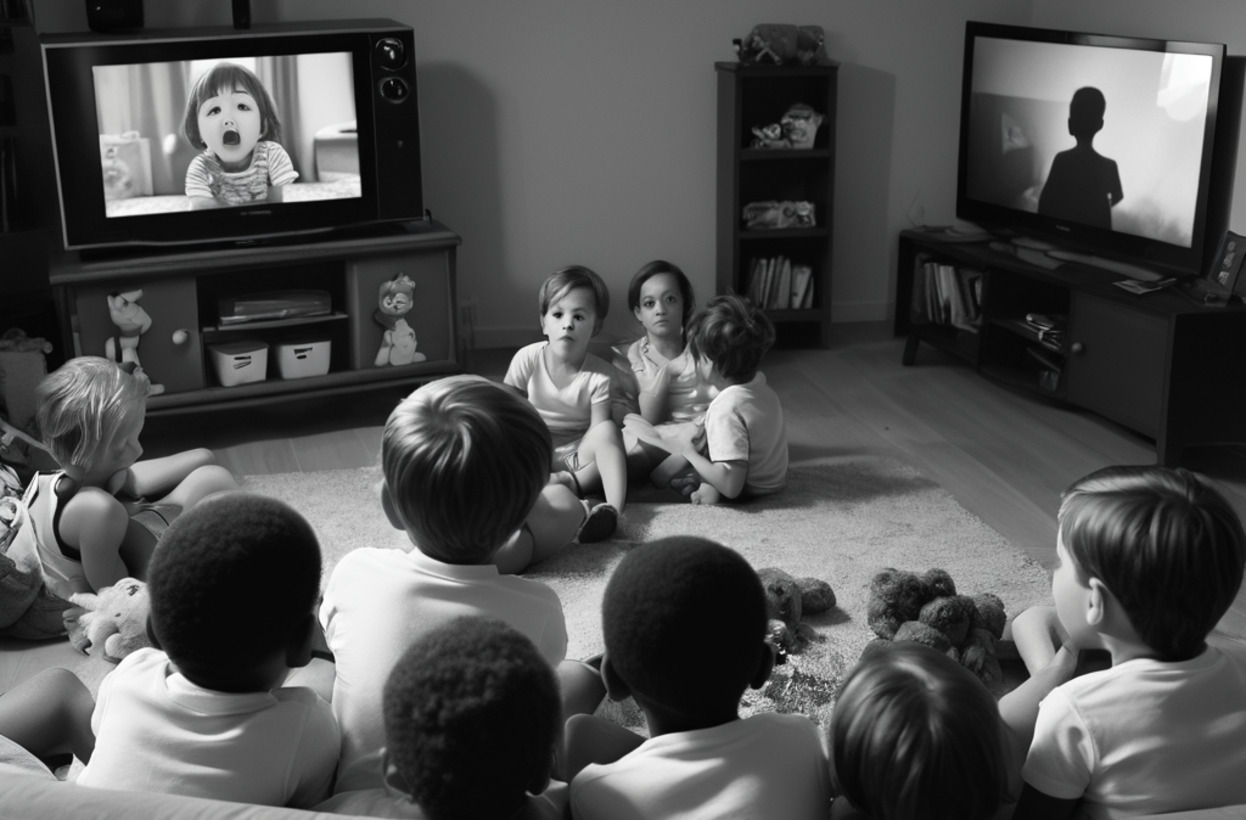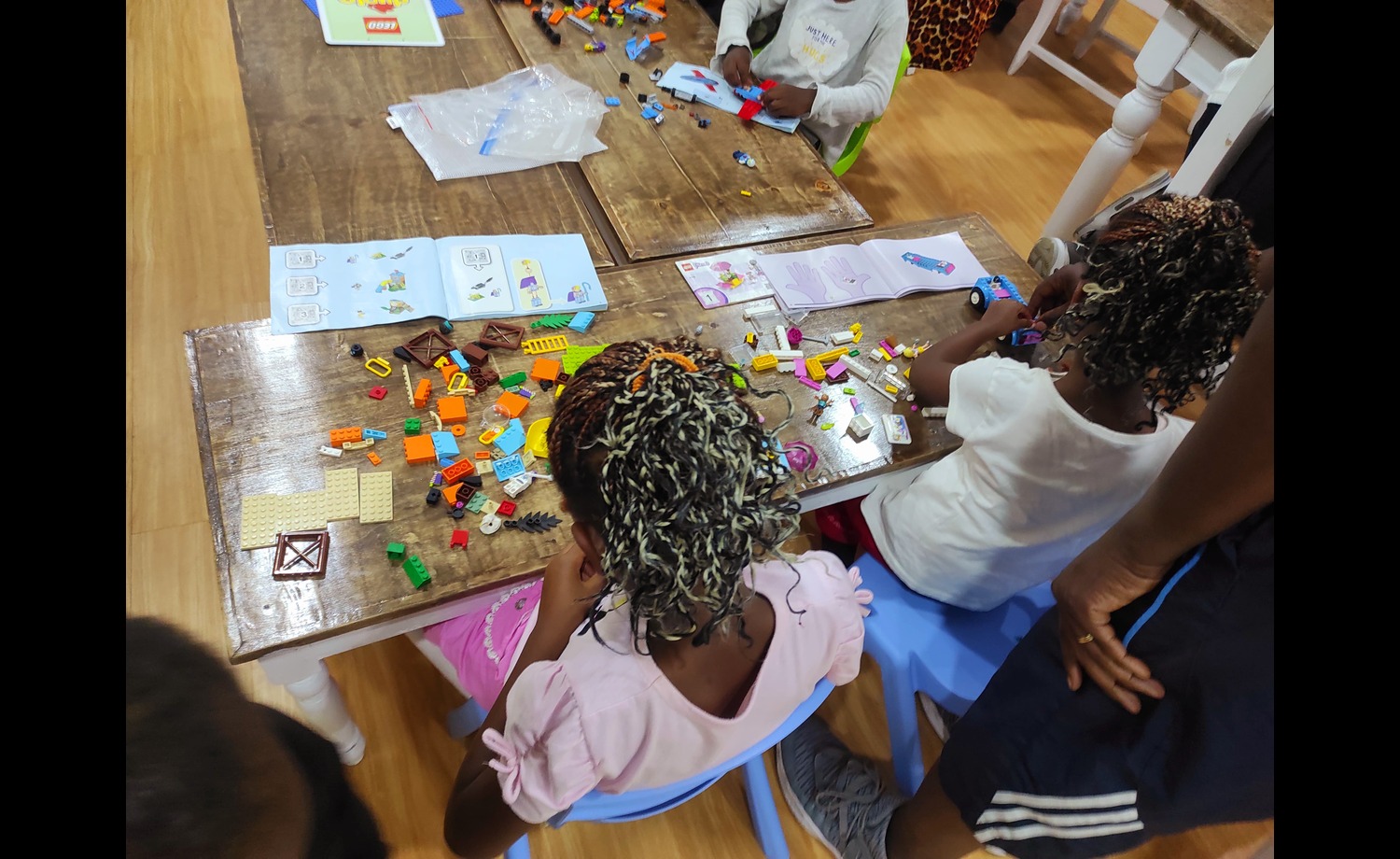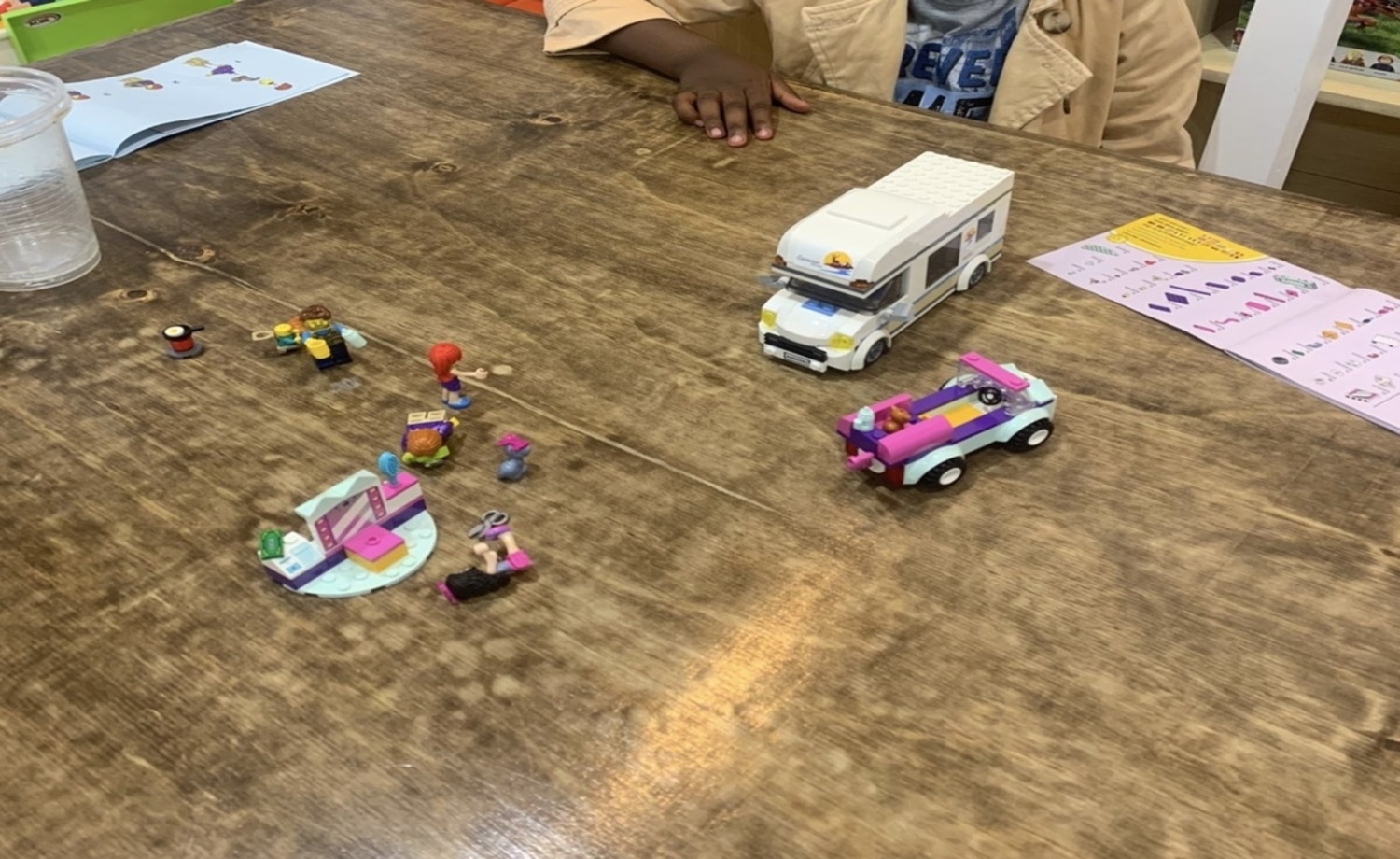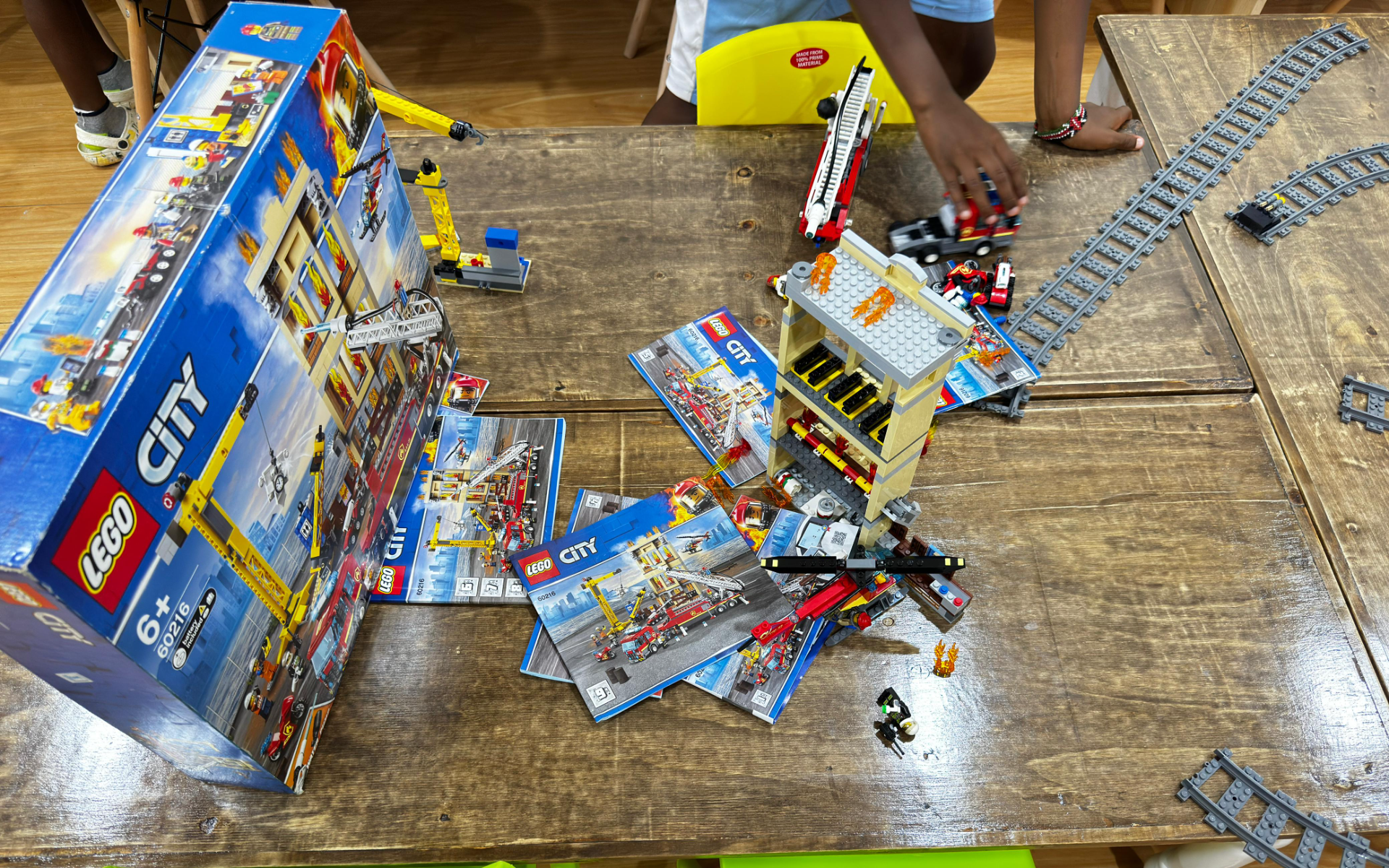Excessive screen time, particularly with fast-paced media such as video games and social media, can fragment attention spans and impair the ability to focus for extended periods. LEGO play is one of the best activities for your kid's mental development as well as a productive way of keeping her away from screens.
In today's digital age, screens are an omnipresent aspect of daily life, and children are increasingly exposed to them from a young age. While technology undoubtedly offers numerous benefits, excessive and unregulated screen time can pose significant risks to a child's mental development. In this article, we'll explore how unrestricted screen time can impair mental development in children and why it's crucial for parents to establish healthy screen time limits.
The Impact on Cognitive Development
- Attention Span and Focus: Excessive screen time, particularly with fast-paced media such as video games and social media, can fragment attention spans and impair the ability to focus for extended periods. This can hinder a child's capacity to concentrate in academic settings and other important tasks requiring sustained attention.
- Language and Communication Skills: Excessive screen time may limit opportunities for verbal communication and face-to-face interaction, which are crucial for the development of language and social skills in children. Passive consumption of content on screens can inhibit language acquisition and impede the development of nuanced communication abilities.
- Problem-Solving and Critical Thinking: While some educational apps and games claim to enhance problem-solving skills, excessive screen time can lead to a reliance on quick, superficial solutions rather than fostering deep critical thinking. Additionally, the passive consumption of content may discourage independent exploration and experimentation, crucial for developing problem-solving abilities.
Emotional and Behavioral Impacts
- Increased Risk of Anxiety and Depression: Excessive screen time has been linked to higher rates of anxiety and depression in children. This may be attributed to several factors, including exposure to cyberbullying, unrealistic social media standards, and reduced real-world social interactions, which are essential for emotional well-being.
- Impaired Sleep Patterns: The blue light emitted by screens can disrupt the production of melatonin, a hormone responsible for regulating sleep-wake cycles. Excessive screen time, especially before bedtime, can lead to difficulty falling asleep and disrupted sleep patterns, which can negatively impact mood, cognition, and overall well-being.
- Social Isolation and Withdrawal: Spending excessive time on screens can lead to social isolation as children prioritize virtual interactions over real-world connections. This withdrawal from social interactions can hinder the development of empathy, emotional intelligence, and interpersonal skills, leading to difficulties in forming meaningful relationships later in life.
Is LEGO Play the best way to keep kids away from screens?
LEGO play offers a compelling alternative to screen time, engaging children in hands-on creativity and problem-solving. Through building and constructing with LEGO bricks, kids exercise their imagination, spatial reasoning, and fine motor skills. Unlike passive screen activities, LEGO play encourages active participation and collaboration, fostering social interaction and teamwork when children build together.
The open-ended nature of LEGO allows for limitless possibilities, empowering children to explore their interests and express themselves creatively. Furthermore, LEGO play can be a calming and meditative activity, providing a break from the overstimulation of screens. By promoting cognitive development, social skills, and emotional well-being, LEGO play emerges as an ideal way to shift children's focus away from screens towards enriching, tangible experiences that nurture their holistic development.
In summary, while technology can offer valuable educational and entertainment opportunities for children, unregulated screen time poses significant risks to their mental development. By establishing clear limits, modeling healthy behaviors, and providing alternative activities such as LEGO play at Bricks City LEGO, parents can help mitigate these risks and support their child's holistic development in today's digital world.




